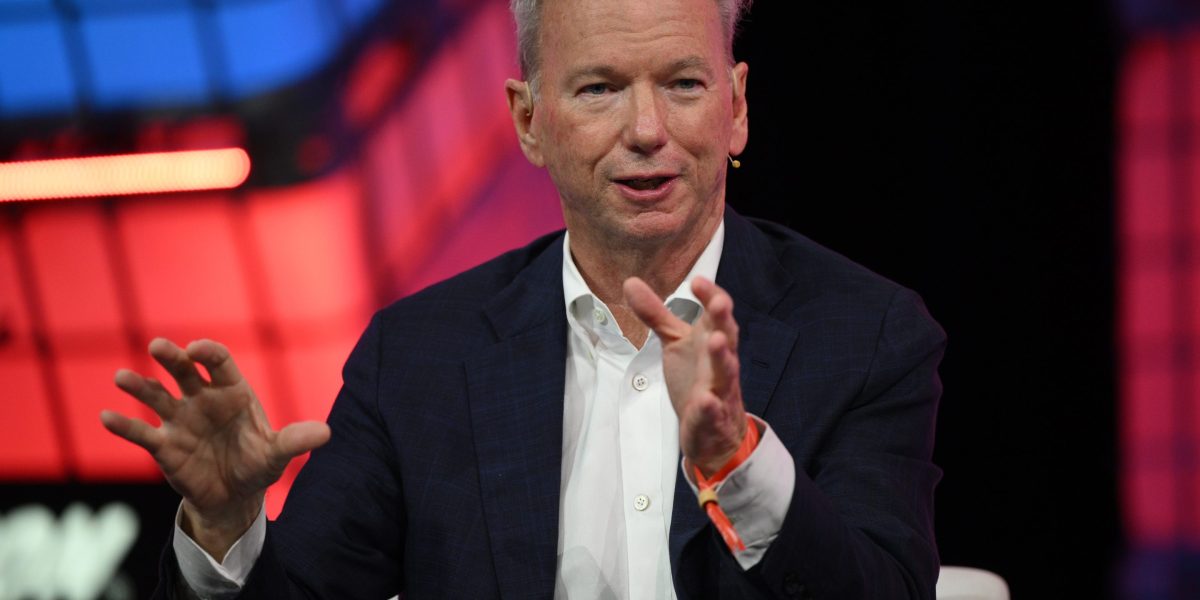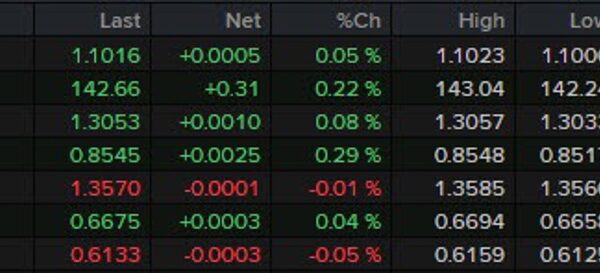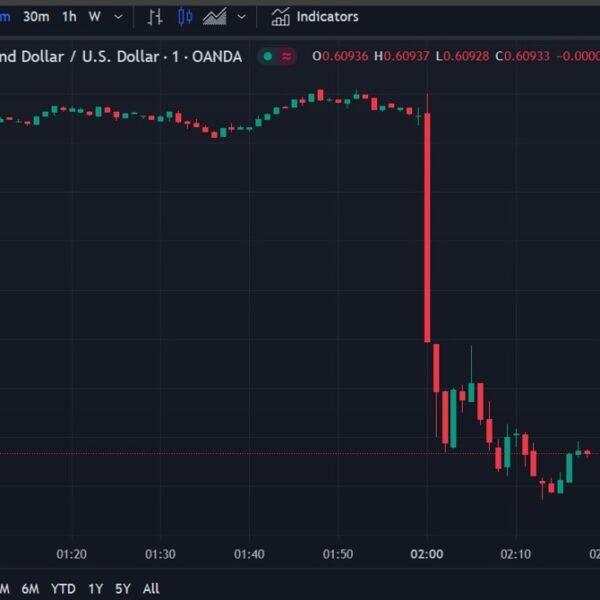

Eric Schmidt, the CEO of Google until 2011, is many things but one thing he is not is a financial advisor licensed to provide investment advice. If he were, however, he made it pretty clear that AI training chip vendor Nvidia is a stock he thinks belongs in every portfolio.
Speaking to Standford University students this week, the billionaire angel investor argued that the race to commercialize generative artificial intelligence and other forms of AI was still in its early stage. Even though the easy money might have already been made, in his opinion, there’s still plenty of upside potential in the space.
That’s particularly true for Nvidia, whose head start in graphic processing units (GPUs) like the benchmark H100, combined with its dominant software ecosystem CUDA, gives it an enormous lead as a data center’s supplier of choice for AI training chips.
“The amount of money being thrown around is mind-boggling,” Schmidt told students. “I’m talking to the big companies, and the big companies are telling me that they need $10 billion, $20 billion, $50 billion, $100 billion.”
Schmidt added that OpenAI chief executive Sam Altman even believes it will take $300 billion to develop artificial general intelligence, a machine capable of reasoning on its own.
“If $300 billion is all going to Nvidia, you know what to do in the stock market,” Schmidt continued, before quickly adding: “that’s not a stock recommendation, I’m not licensed.”
AMD cannot compete yet with Nvidia’s dominant CUDA software
Nvidia shares have been the primary beneficiary of the AI gold rush, with its stock nearly tripling this year to hit $135 by mid-July. That has been driven in part by debt-funded “carry” trades, a momentum play where investors borrow in cheap Japanese yen to invest in higher yielding, dollar-denominated U.S. growth stocks.
With the recent sharp rise in Japan’s currency over the greenback, shares have pulled back from their highs when the company’s $3.3 trillion market cap briefly made it more valuable than any other company in the world.
Yet Nvidia still has a chance to mark fresh highs should it smash earnings expectations when it reports quarterly results at the end of this month.
Judging by Schmidt’s conversations with his contacts at Big Tech, he certainly expects demand for its AI training chips to remain robust, if not exponential.
Referring to Percy Liang, a Stanford AI researcher, who has had to resort to Google’s tensor processors (TPUs) due to a lack of availability of Nvidia chips, Schmidt said: “If he had infinite money he would pick the B200 architecture.”
The B200 is Nvidia’s next-generation training chip. It is so advanced even its packaging has to be done in the controlled conditions of a clean room, not just the creation of the wafer itself, according to Schmidt.
While Lisa Su’s AMD may one day catch up on hardware, he said her company’s software ecosystem doesn’t have the user base of Nvidia and a compiler to translate CUDA into AMD’s own programming language ROCm to aid developers doesn’t yet work.
Neither Nvidia nor AMD could immediately be reached for comment.
AI skeptic Ken Griffin slashes hedge fund Citadel’s exposure to Nvidia
Stanford took down the video following criticism levelled at Schmidt after he blamed his former employer blowing its headstart on AI on a lackadaisical work ethic that enabled its staff to work from home rather than the office.
Google researchers invented in 2017 the so-called transformer neural network that powers most GenAI models, only to “then put it on the shelf,” as Marc Andreessen put it last month. The very name of OpenAI’s own ChatGPT — generative pre-trained transformer — that launched in late 2022 reveals its Google ancestry.
Schmidt didn’t comment on what kind of time horizon he had for his investment recommendations. It’s safe to say, though, that as an angel investor funding various startups, it’s longer than the average on Wall Street.
This was evident, for example, in a filing this week from Citadel. Ken Griffin’s hedge fund has slashed its holdings in Nvidia by two-thirds to $19 million at the end of June after selling about half a million shares. Last month Griffin told his firm’s new class of potential talent he doubted GenAI would be as revolutionary as others believe.
Schmidt, whose net worth doesn’t quite match Griffin’s but is still estimated at nearly $24 billion, told Stanford students he takes a less targeted approach when shopping for the next AI leader: “I essentially invest in everything, because I can’t figure out who’s going to win.”













